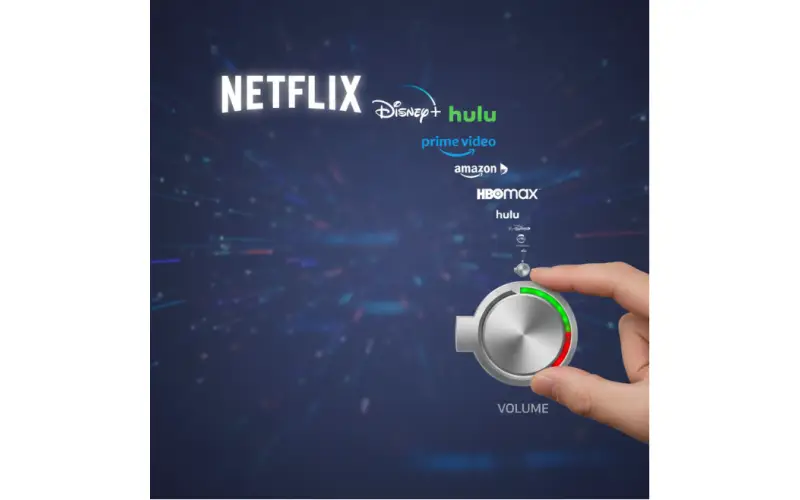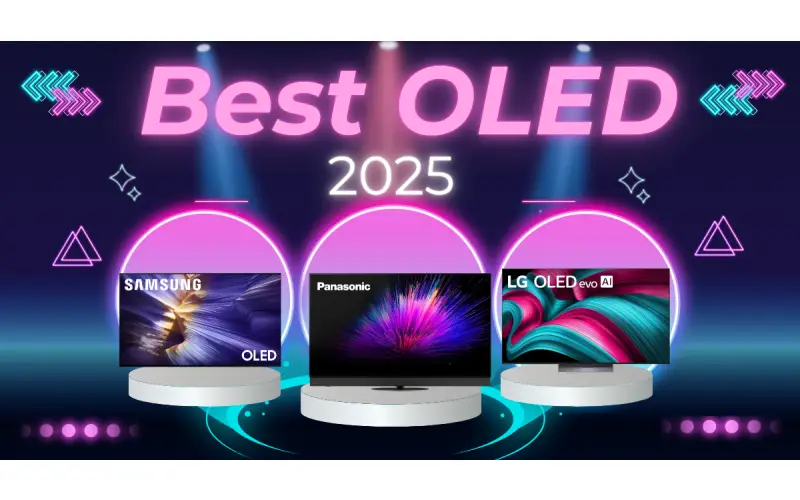By: CE Critic
In a significant move that is set to reshape the landscape of high-fidelity music streaming, TIDAL has announced the impending discontinuation of MQA (Master Quality Authenticated) and 360 Reality Audio formats. This decision, effective July 24, 2024, will see FLAC (Free Lossless Audio Codec) become the platform's preferred format for stereo sound, while Dolby Atmos will take the reins for immersive audio experiences.
The MQA Farewell: A Strategic Shift
MQA, once touted as a revolutionary technology for delivering studio-quality sound in a compact file size, has faced its share of controversy. While promising superior audio quality, the proprietary nature of MQA has drawn criticism, limiting its compatibility to specific hardware and software.
TIDAL's decision to abandon MQA represents a strategic shift towards open-source formats that are more accessible to artists and listeners alike. FLAC, being an open-source codec, allows artists to deliver their music directly to TIDAL without third-party intervention, ensuring a streamlined process for high-quality audio distribution.
FLAC: The New Standard for Stereo Sound
FLAC, a lossless audio format, preserves the original audio data without compression, ensuring that listeners experience music in its purest form. By adopting FLAC as the preferred format, TIDAL aims to provide a more consistent and universally compatible high-fidelity experience across all devices.
Dolby Atmos: Elevating Immersive Audio
For immersive audio experiences, TIDAL has chosen Dolby Atmos as its format of choice. Dolby Atmos, renowned for its ability to create a three-dimensional soundscape, offers a more engaging and realistic listening experience compared to traditional stereo sound.
TIDAL's partnership with Dolby has enabled artists to expand their creative vision and deliver music in a way that transcends the limitations of conventional audio formats. By embracing Dolby Atmos, TIDAL aims to provide a cutting-edge audio experience that resonates with both artists and listeners.
Impact on User Collections
While this transition marks a significant step forward for TIDAL, it will inevitably impact users' existing music collections. MQA tracks and albums in users' collections will be automatically replaced by the highest quality FLAC versions available.
Users who have downloaded MQA tracks for offline listening will be prompted to re-download them in the FLAC format once they update to the latest version of the TIDAL app on July 24th.
Unfortunately, 360 Reality Audio tracks will become unavailable for streaming. Users who have these tracks in their collections or playlists will find them grayed out and inaccessible.
Looking Ahead: A Commitment to Audio Quality
TIDAL has reassured its users that there are no further plans to change audio format offerings in the future. The platform remains committed to providing exceptional audio quality and will continue to prioritize FLAC and Dolby Atmos as its preferred formats for stereo and immersive sound, respectively.
The Fate of Unavailable Tracks
While TIDAL has 16-bit, 44.1 kbps FLAC versions for most MQA tracks, it acknowledges that some tracks might not have an immediate FLAC replacement. The platform is actively working to ensure that all existing MQA tracks are replaced with FLAC versions in a timely manner.
Conclusion: A New Chapter for TIDAL
TIDAL's decision to discontinue MQA and 360 Reality Audio formats and embrace FLAC and Dolby Atmos represents a bold move towards a more open, accessible, and immersive audio experience.
This transition marks a new chapter for TIDAL, one that promises to deliver unparalleled audio quality and innovation, setting a new standard for high-fidelity music streaming. As TIDAL continues to evolve and adapt to the ever-changing landscape of audio technology, it remains committed to providing its users with the best possible listening experience.





